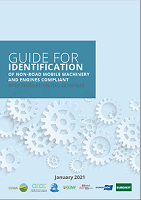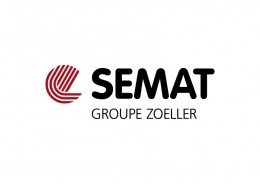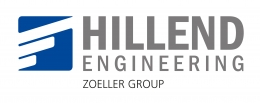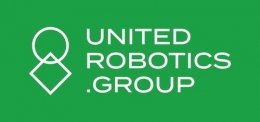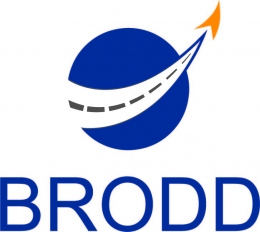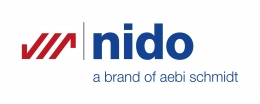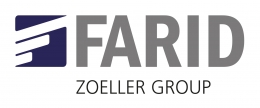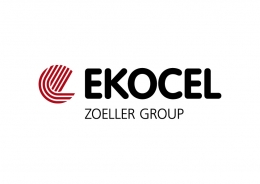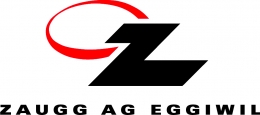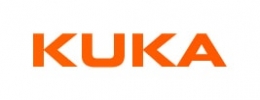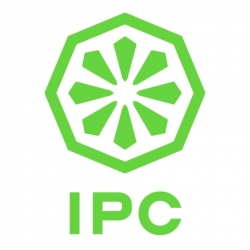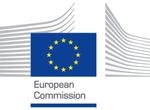
September 2019
Have your say on the future of investment in Europe’s digital economy
The Commission has opened a consultation on the orientation of the first two years of its proposed Digital Europe programme. In the period 2021-2027, the programme will invest in digital technologies with the potential to make a difference to European citizens and businesses.
In June 2018, the European Commission proposed the creation of a Digital Europe programme, a new funding instrument dedicated to digitisation within the EU’s next budget, the Multiannual Financial Framework (MFF) for 2021-27.
The EU institutions reached a provisional agreement on Digital Europe, excluding budget-related issues, on 13 February 2019. The European Parliament endorsed the provisional agreement on 17 April 2019. While the institutional negotiation of the next MFF continues, the Commission has started to prepare the Digital Europe programme’s implementation.
The Commission is currently planning the Digital Europe programme, which would bring direct investment worth a total of €9.2 billion (subject to the agreement of the Council and the European Parliament) for the deployment of innovative digital technologies in five key areas: supercomputing, artificial intelligence, cybersecurity, advanced digital skills, and ensuring a wide use of these digital technologies across the economy and society in line with Europe’s ambitious sustainability goals and values. Its goal will be to improve Europe's competitiveness in the global digital economy and increase its technological autonomy, by building capacity, testing digital technologies, and deploying them. The programme will be a unique opportunity for the EU to substantially contribute to investment in essential digital capacities that no single Member State can implement alone.
As part of the co-design process that will be integral to Digital Europe, ensuring that it reflects what matters most for European society and businesses, the Commission has launched an online consultation. It will target a range of stakeholders: SMEs and larger companies, public administrations at all levels, research organisations and academia, NGOs, citizens’ associations, and private citizens.
The consultation will close on 25 October, and you can access it here.
The inputs received will help the Commission finalise the Orientations for Digital Europe, of which a draft can be viewed online. These will then shape the work programmes and calls for proposals for the programme’s first two years (2021-2022). The consultation will be key to identifying readiness to participate in the programme, and will also offer a chance to express any concerns.
Industrious Brussels EU District, Avenue des Arts 6-9, 1210 Brussels, Belgium, +32 490 57 57 65
Transparency Register number: 0289344948-82





